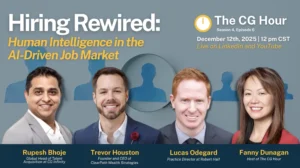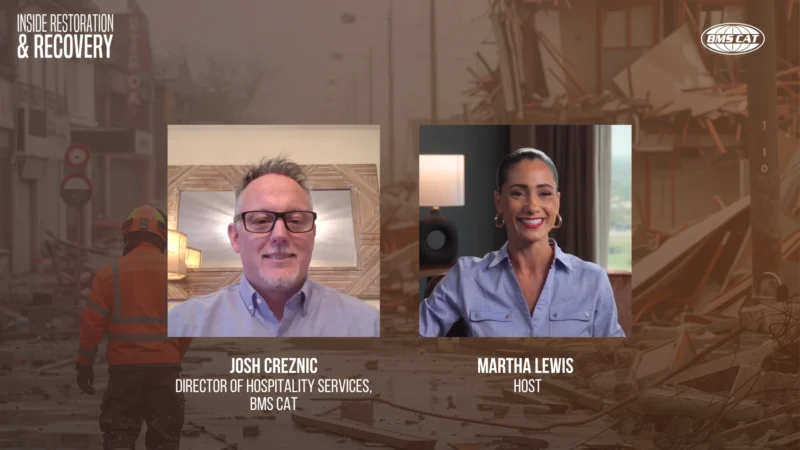Cancellations and No-Shows Are Putting Strain on Restaurant Owners. They Should Invest in Data Solutions and Improved Customer Experience.
Cancellations and no-shows are revenue killers for restaurants. An empty table reserved for diners who don’t show up means a double loss—the original booking and potentially other customers who could have occupied that table.
The hospitality industry is grappling with this growing trend of last-minute cancellations and no-shows, causing nearly a fifth of restaurant, pub, and bar owners to contemplate permanent closure. According to data from Barclaycard Payments, these cancellations are costing restaurants in the U.K. an average of £89 per customer, exacerbating concerns over summer profits.
Despite these challenges, the appetite for dining out remains robust, particularly among younger demographics, with over a quarter of 18 to 26-year-olds planning to dine out more frequently than in the past six months. A growing number of businesses are considering cancellation fees to mitigate the financial impact, with a third of diners admitting they would be less likely to cancel if a deposit was required.
In addition to implementing such policies, what other technology and strategies can restaurants deploy to combat cancellations and no-shows and increase revenue?
Larry Yu, Ph.D. and Professor of Hospitality Management at George Washington University weighed in on the situation, and he believes there are some effective strategies restaurants can take to curtail the amount of cancellations and no-shows.
Larry’s Thoughts
“To mitigate the potential financial losses due to no-shows, the restaurant managers should consider a positive, customer experience-focused solution. No-shows and last-minute cancellations are the main problems for restaurant operations, as they directly affect the revenues and profitability of the restaurant. The general understanding in the U.S. restaurant industry is that about one out of five customers often do not show up for restaurant reservations. At the industry level, local restaurant trade groups and national restaurant associations should launch effective public communications to raise consumers’ awareness of the serious financial consequences due to no-shows.
At the enterprise level, restaurant managers need to communicate a clear cancellation policy, which should be prominently shown on the website or clearly communicated by employees who take phone reservations. Particularly about deadline for cancellation, grace period for notifying the restaurant for running late, and at what time the restaurant cannot honor reservations. Lastly, if resources are available, managers should explore revenue management strategy by overbooking based on reliable data on no-shows from past operations.”
Article by James Kent








